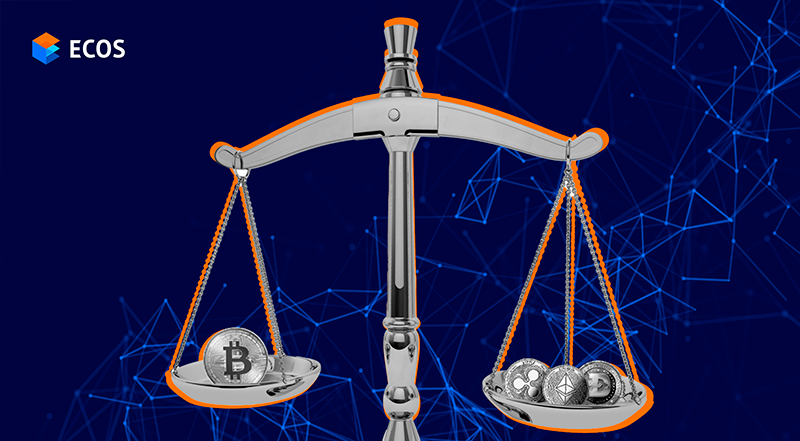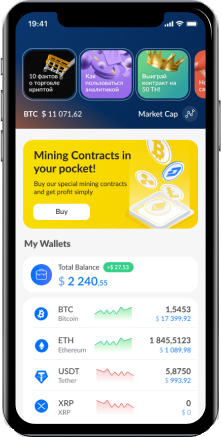Coins vs tokens in crypto

So, you stumble into the world of crypto and think you’ve got it all figured out: you’ve got some crypto, you’ve downloaded a crypto wallet, and are waiting to become crypto-rich since you know the future of cryptocurrency is bright.
But then you notice that people are using all these different cryptocurrency terms that you can’t understand. Especially “tokens” and “coins”. Aren’t they all just cryptocurrencies?
Coins
A coin is a digital currency created using encryption techniques and has its own blockchain, within which coin transfers take place.
The earliest and best-known coin is Bitcoin (BTC), which is transferred within a single blockchain.
A single coin cannot be directly transferred from one blockchain to another. For example, you cannot transfer BTC to an ether address, because the cryptocurrency ETH has its own blockchain and its own unique addresses. What does this mean? Let’s break it down with an example.
Let’s say you have a movie ticket (it’s a coin) and you can use it when you go to a session (it’s a blockchain). But you cannot use that ticket to go to a concert (another blockchain), or to see a movie at another theatre (3rd blockchain), or to pay for an underground ride (4th blockchain).
Similarly, you cannot transfer cryptocurrency from one blockchain to another blockchain. But today, work is already underway to combine blockchains; so-called “cross-blockchains” could replace the current generation.
Tokens
A token is a digital currency created within someone else’s blockchain rather than one’s own and performs the same functions as a coin.
Tokens are subject to certain rules that allow them to interact with other tokens in the same blockchain. For example, so that one LINK token is not different from another LINK token, they can be divided into parts – 0.5 LINK or 1.9 LINK. Or if there are many other tokens in the blockchain (as in ether blockchain), so that one token can be exchanged for another using decentralized exchanges that operate only in ether blockchain. The most common standard for such token interactions is the ERC20 (Ethereum Request for Comments) protocol.
Tokens can function as both a payment instrument and an asset to gain a stake in a company. But often the whole value of a token lies simply in the speculative component, that is, the ability to make money from fluctuations in the exchange rate.
Tokens, like coins, cannot be directly transferred from one blockchain to another.
The difference between coins and tokens
Thus, in short, the difference between a coin and a token is that a coin has a personal private blockchain, whereas a token does not.
Another thing is that coins are usually used only for payments, while tokens have a different implementation that has the ability to connect payments, but also other stuff. For example, when a coin or cryptocurrency is matched against a utility token, utility tokens are used to access a product or offer.
Conclusion
You now know the difference between tokens and coins. Their simple basic definition: coins are issued based on their own native blockchain, while tokens are created inside existing blockchains such as Ethereum.
And we also learned what coins and tokens are used for: coins are mainly used as money, and tokens are used to serve individual applications.









